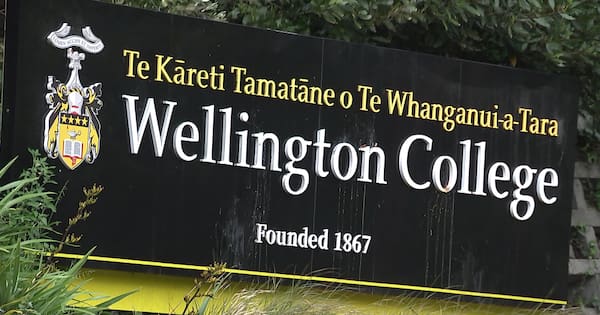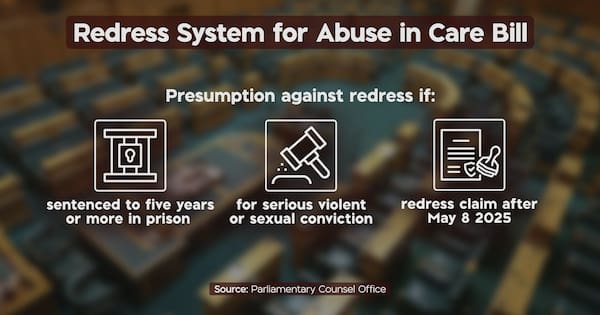New Zealand’s National Certificate of Educational Achievement (NCEA) is in for a major shakeup as the Government proposes replacing all levels of NCEA.
At the announcement in Auckland this morning, Education Minister Erica Stanford and Prime Minister Christopher Luxon said the proposal would “restore excellence to New Zealand’s education system”, by scrapping the current qualification system for secondary school students.
“For over two decades, NCEA has been the foundation of our senior secondary education. It has been designed as being a flexible, inclusive and to recognise the wide range of skills and learning,” Stanford said.
“And while it has delivered in some areas, we have heard and seen that the flexibility has gone too far and the complexity has masked poor performance.”
Both Luxon and Stanford mentioned that as parents, they were confused by the system while trying to help their children navigate NCEA.
Here’s some of the key information about the proposed changes:
What’s proposed to change?
Under the proposed changes, Year 11 students would no longer sit NCEA Level 1. Instead, they would focus on building foundational skills in literacy and numeracy, recognised through a new standalone Foundational Skills Award.
From Year 12, students would work towards two new national qualifications: the New Zealand Certificate of Education (NZCE) in Year 12, and the New Zealand Advanced Certificate of Education (NZACE) in Year 13. These would replace the current NCEA Levels 2 and 3.
The reforms aimed to move away from the current standards-based assessment model. Instead, students would follow structured, subject-based programmes designed to provide a more coherent and meaningful learning experience.

Key changes include:
- Mandatory English and Mathematics in Year 11.
- Five-subject requirement in Years 12 and 13, with students needing to pass at least four to earn each certificate.
- New grading system featuring marks out of 100 alongside letter grades (A–E), to make achievement clearer for students, parents, and employers.
- New subjects and standards co-designed with industry experts to strengthen vocational pathways in areas such as construction, automotive, and hospitality.
The Ministry of Education said the changes are designed to ensure students leave school with the skills and knowledge they need to succeed in further education, training, or employment.
“This is about making sure our national qualification opens doors for every young person, whether they’re heading into a trade, university, or straight into work,” Stanford said.

When would the changes come into effect?
According to an NCEA discussion document provided, the proposals discussed were intended to have a “positive impact overall” targeting “some of the main challenges with NCEA”.
Changes were proposed to be phased in from next year, beginning with the new national curriculum in 2026, the Foundational Skills Award in 2028, and the new Certificates of Education in 2029 and 2030 for Years 12 and 13.
Public consultation was open from today until September 15, with final decisions expected to go before Cabinet by the end of 2025.
Students already doing NCEA would continue to do so.
The morning’s headlines in 90 seconds, including toddler found in suitcase on bus, Russian volcano erupts, and Liam Lawson pips former world champion. (Source: 1News)
The history of NCEA
The main secondary school qualification was first introduced in 2002.
It replaced School Certificate qualifications, University Entrance qualifications, Sixth Form Certificate and University Bursary qualifications, which had a strong focus on academic subjects.
NCEA was touted as a “more flexible and inclusive model of education,” according to the Ministry of Education’s website, measuring each student’s learning against set standards, instead of comparing students and ranking them.
Each standard was worth a certain number of credits. When you achieve a standard, you earn the amount of credits that standard is worth.
NCEA work was assessed externally, usually by sitting a national exam at the end of the year, or internally assessed through essays, experiments or tests throughout the year, which were marked by each school.
Internal assessment marking was also checked by independent moderators from NZQA to make sure all schools are assessing work to a national standard.










